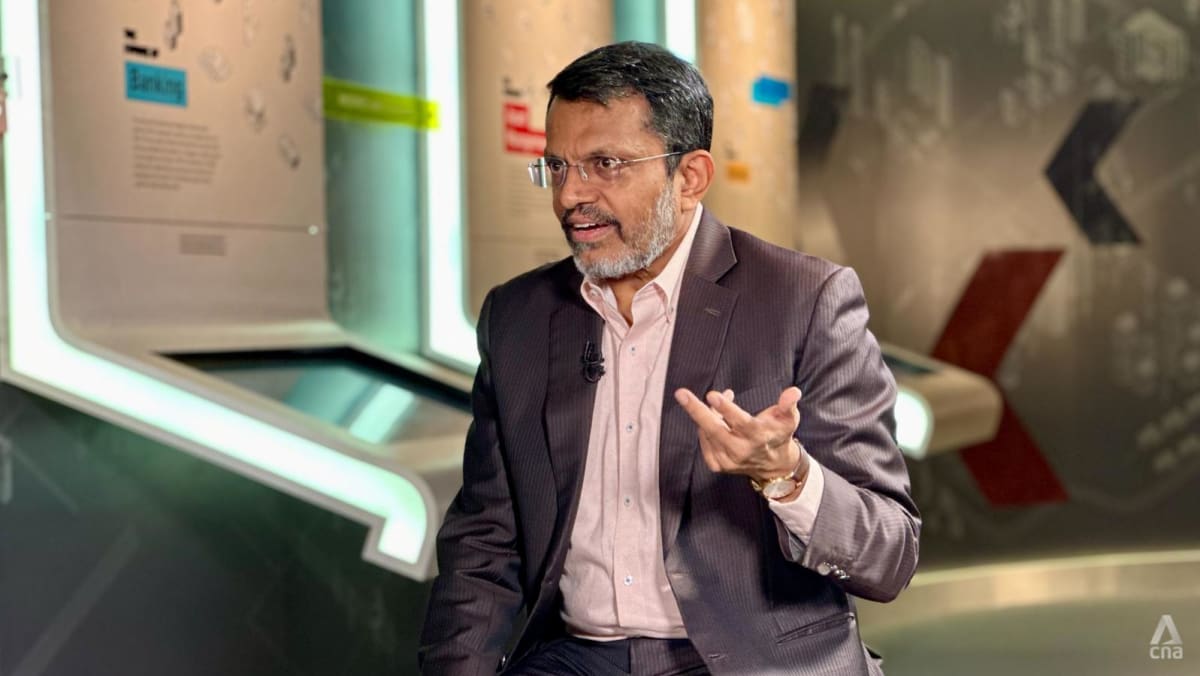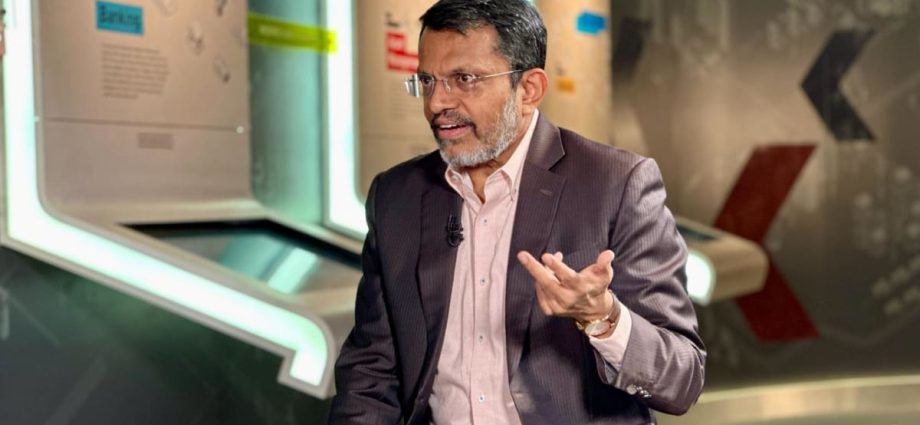
SINGAPORE: The Monetary Authority of Singapore (MAS) is “not declaring victory” in its fight against inflation just yet, even as price pressures in Singapore have come off multi-year highs.
It is also “premature” to talk about a loosening in monetary policy, said Mr Ravi Menon, who is retiring as central bank chief in January.
After a steady ascend to multi-year highs last year, consumer prices in Singapore have eased over the course of this year.
Headline inflation stood at 4.1 per cent in September, versus the peak of 7.5 per cent last September. Core Inflation – which excludes accommodation and private transport and is a key indicator for the MAS – also slowed from the 14-year high of 5.5 per cent at the start of 2023 to 3 per cent in September.
The latter is set to dip below 3 per cent in the final months of the year, in line with the central bank’s earlier forecast, said Mr Menon in a wide-ranging interview with CNA ahead of the annual Singapore FinTech Festival from Nov 15 to 17.
Even then, the battle against elevated price pressures brought on by a confluence of global events, such as supply chain bottlenecks and an energy crisis, is not over.
“We are not declaring victory yet,” Mr Menon told CNA, adding that 3 per cent “is not good enough” given how core inflation has typically averaged around 2 per cent.
The next one-percentage point increase in the Goods and Services Tax (GST) scheduled for next January will also have “an immediate impact” on inflation, he noted.
MAS has projected a core inflation rate of 2.5 to 3.5 per cent for 2024 after taking into account the GST hike. Without which, core inflation will be one percentage point lower at 1.5 to 2.5 per cent.
“Core inflation is in a much better place than in the last two years but we’re not home yet. So, I think it would be premature to talk about relaxation or easing in monetary policy,” said Mr Menon.

